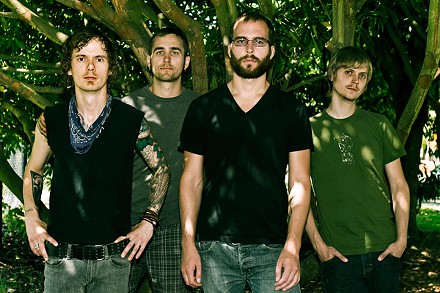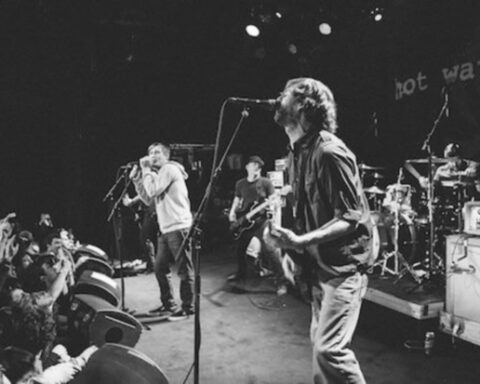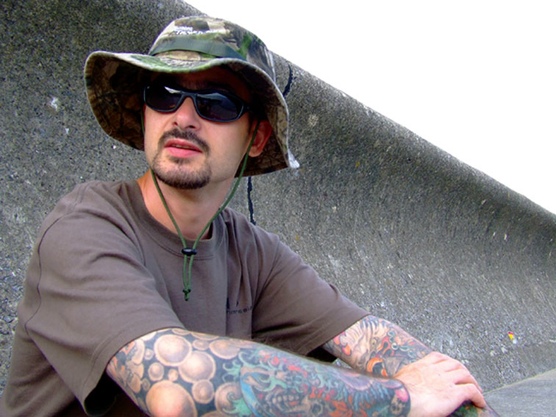Larry Herweg from PELICAN talked to Thrash Hits about humankind’s parasitic relationship with planet Earth and more.
Where does an instrumental band get their thematic inspirations from? Coming at it from a music fan’s perspective, it’s easier to grasp the intent when there are lyrics to hang expectations from.
The band has always tried to have somewhat of a theme when a record comes out, or a deeper meaning to the songs, just to tying it all back in to the record. Two of the songs from the EP were…well, not leftovers, but songs that we had started but didn’t finish when we were doing What We All Come To Need – in this case the second and third tracks [from the EP], ’Lathe Biosas’ and ‘Parasite Colony’.‘Lathe Biosas’ comes from an idea of Epicurean philosophy – and I’m trying to explain this in the simplest way – with regards to living life in a manner that minimise impact on the world around you, or more literally “live in obscurity”. In its application as Laurent intended it, I think it was in reference to environmental concerns – to suggest living a life that minimizes the footprint of human kind’s negative impact on the earth that fosters it. ‘Parasite Colony’ acts as an opposite, implying the human race as a parasite sustaining itself by sucking the life out of its host.
I thought this dichotomy would make a great theme for the EP, and that it would be cool to title the intro and Bryan’s acoustic songs in line with it, making the A-side of the record the Epicurean side, and the B-side the parasite side. For the intro, there is ‘Ataraxia’, which means peace and freedom from fear (and is also one of the primary goals of the Epicurean philosophy). Then we then had a single word implying it’s reverse (you can thank my Ancient Greek professor brother for help suggesting this), [‘Taraxis’] for the acoustic jam.
Read the interview here.
PELICAN live:














